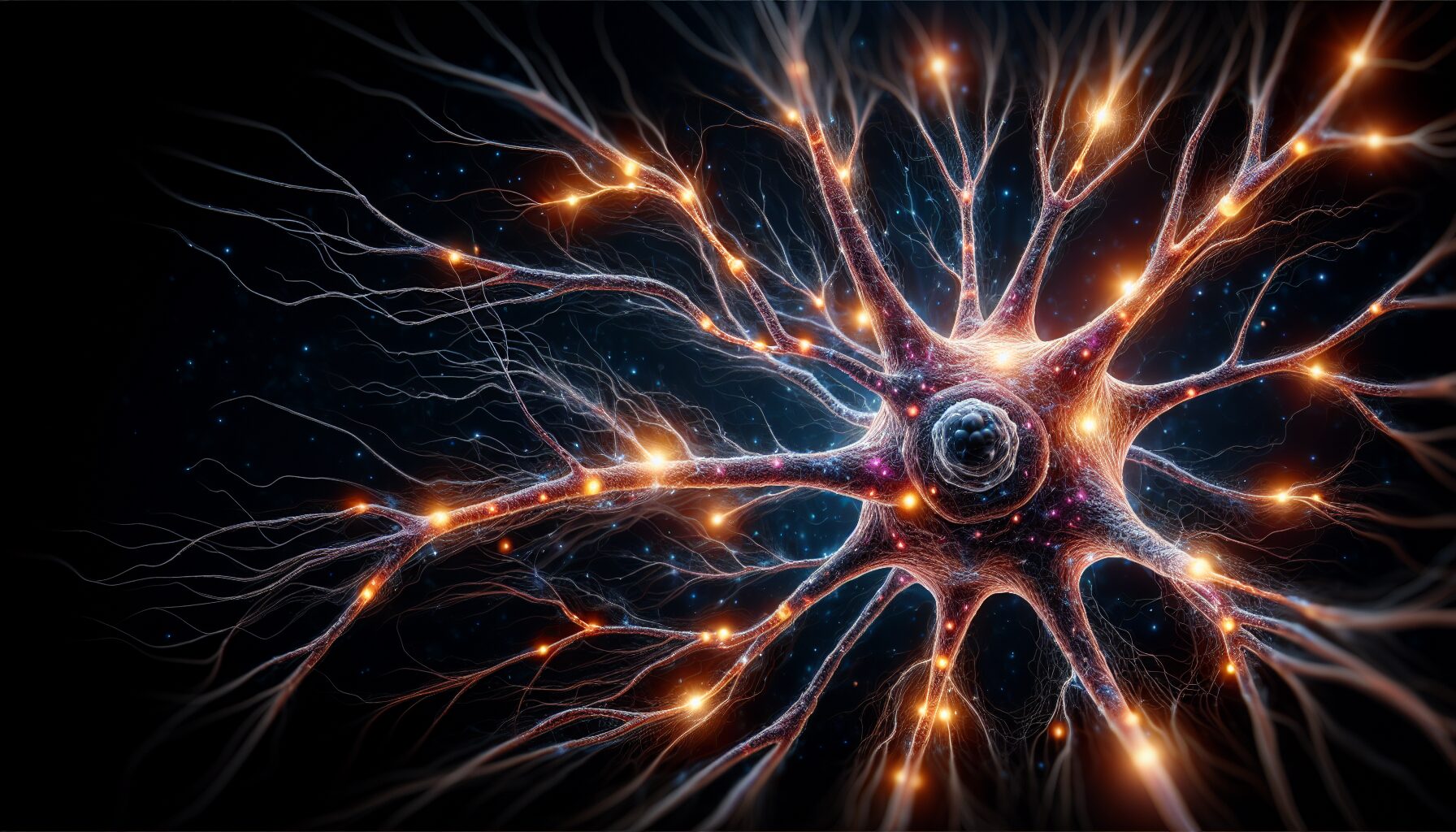
Ketogenic Diet And Brain Health Benefits: Brain Fog Support
Ketogenic diet and brain health are not always linked in terms of potential health benefits, however studies show that ketogenic diets could influence brain fog or diseases with similar symptoms.
The ketogenic diet is therefore very promising for supporting neurodegenerative disorders, brain fog symptoms and brain related diseases. Changes in life expectancy and resulting improvements in life quality in recent years has resulted in increases in neurodegenerative disorders. This includes Alzheimer’s disease. This a disease of the brain that causes memory loss and cognitive deficits. Alzheimer’s can also produce symptoms of mental inclarity or brain fog and is the most prevalent form of dementia. Sufferers of neurodegenerative diseases also experience nerve cell die offs.
Because of links between dementia in the elderly and lifestyle, one recent study has found links between dietary changes and degenerative diseases of the brain. It is very possible that lifestyle changes, such as a ketogenic diet could have benefits for cognitive clarity and the health of the brain.
In this article the potential benefits of a ketogenic diet for brain health and brain health will be looked at, with particular attention to how ketogenic diets effect nerve cells.

How Ketogenic Diets Work
Ketogenic diets became popular in recent years because of results with weight loss and weight management.
Keto or ketogenic diets emphasize consuming low amounts of carbs, around 5% of your major dietary groups, to minimise high glycemic carbohydrate digestion and sugar absorption. Instead, they emphasise eating higher amounts of protein and fat to drive a body process called ketogenesis. This process then fuels energy production within people who would like to lose weight. Instead of using sugar for energy the body uses fat and protein.
The body can also mobilize fat reserves which is how ketogenic diets really start to fuel weight loss. When the body is using these food groups consistently for energy a person is in a state of ketosis. This is a natural process for our bodies in response to starvation or intense exercise.
Keto creates a sugar deficiency in the blood. Some researchers believe that doing this for extended periods could be harmful. Although, other studies with obese individuals show that ketogenic diets are very safe and effective. There are remarkable results with ketogenesis for weight loss, including some patients who lost large portions of their starting weight. This is also with no gym work.

Ketogenic Diets And Memory
With obesity being one of the biggest health challenges in human history, researchers became interested in the overall effects of ketogenic diets. Researchers were not expecting ketogenic diet influences on various health markers, including brain health and cognitive disorders or brain fog.
However, as one recent study has identified, ketogenic diets could have benefits for memory or brain function, in addition to potential benefits for healthy weight loss.
Studies have previously shown that ketones, produced from ketogenic diets are a more efficient energy source for the mitochondria in the brain to use and so may support brain health. This is because ketones made from proteins need less steps to be broken down than carbohydrates. As a result, build ups of oxidative stresses are thought to be lower in the brain tissues.
Neurotoxic events with resulting build ups in oxidative stress are very important in the development of neurodegenerative diseases. For example, in Alzheimer’s disease certain β-amyloid proteins build up in the brain and nerves fibres can tangle. These are neurotoxic and create oxidative stress within the brain. This also impairs natural glucose metabolism and causes aggravated mitochondrial injury.

Clinical Studies Supporting Ketogenic Diets For Brain Health
For improvement of brain health, Alzheimer’s disease states and disease prevention, reductions in neurotoxic events are ideal. Research with some disorders such as epilepsy showed that ketogenic diets may have supportive benefits.
Because of metabolic efficiency or improved energy production in the brain, ketogenic diets may be preventative of nerve cell death. This is one key reason why ketogenic diets may support brain health, particularly degenerative diseases like Alzheimer’s where nerve cells are under high stress and die off more easily. Nerve cell degeneration is a regular occurrence in Alzheimer’s.
Clinical research supports these theories, showing that ketogenic diets could support sufferers of Alzheimer’s disease. Dietary composition seems to have effects on progression of Alzheimer’s disease. Other studies have confirmed that a ketogenic diet can reduce oxidative stress and improve mitochondrial activity within the brain. In some cases a ketogenic diet can flip the inflammatory signals in specific brain cells, also supporting brain health.
These are key factors that can influence brain health and show that the ketogenic diet may suit for prevention of brain fog or degenerative diseases of the brain. For Alzheimer’s disease, studies have shown that a ketogenic diet can support brain health, reducing nerve cell induced deaths that would worsen with β-amyloid build up.
Some studies show reduced brain build up of β-amyloid proteins, improvements in quality of life and cognitive performance improvements. While a ketogenic diet may also reduce nerve death causing overexcitations and therefore support brain health.

Would A Keto Diet Suit My Lifestyle
Ketosis and ketogenic diets may not suit everyone. This is because gym users or regular exercisers may want to support metabolic growth of the muscle rather than go into fatigue inducing fasting. Especially lengthy ketogenic diets which can create lethargy, increase oxidative stress and blunt hypertrophic muscle growth. This could also strain the heart during exercise and so is not generally advised for intensive exercisers.
Being in ketosis may sap essential nutrients and create an environment where muscle growth is being prevented. If you can imagine the body having various signalling switches, it is very difficult for the body to stimulate growth or muscle growth when body reserve metabolism is active. This could also worsen metabolic and oxidative stress during intensive exercise, making exercises more difficult too.
For people wanting to lose weight this is possibly a good thing, while studies also support the use of ketogenic diets to support brain health. Various studies report significant weight losses with ketogenic diets. Ketogenic signals could also influence risk of diabetes, pre-diabetically, because of a simple reset of insulin signalling in the body.
Importantly, studies also show that people eating ketogenic diets in moderation suffered no significant variation in liver and kidney functions. This indicates to some extent that this diet wouldn’t cause very harmful effects to the body.
Studies also indicated no added risk of kidney stones, which is something you may expect from a high protein diet. Some side effects from this diet can include, abdominal cramping, diarrhea and fatigue. Because of this, some nutritionists recommend increasing hydration levels, salt and mineral intake to support ketogenic diets. A slow transition to carbohydrate reduction is also recommended.
Overall, studies support a ketogenic diet for improving brain health, having particular benefits for neurodegenerative diseases or brain fog symptoms.

Summary
While a ketogenic diet and brain health are not always linked, studies confirm possible benefits for brain health.
Ketogenic diets are more often linked with healthy weight loss, showing huge results, because of improved fat burning capacity instead of sugar induced energy production. A ketogenic diet emphasises protein and fat metabolism for sustaining energy production.
Ketogenic diets could also have benefits for brain health because of improved energy efficiency within brain mitochondria. Often individuals who suffer from Alzheimer’s experience build up of nerve oxidative stress and this can result in nerve cell die off. This is thought to be a huge cause of the dementia like or cognitive impairment symptoms that are seen in Alzheimer’s.
Ketogenic diets may support brain health and improve symptoms of brain fog through reductions in oxidative stress, improved mitochondrial activity, build up of β-amyloid proteins in Alzheimer’s, nerve cell survival and inflammatory signal changes.
Studies recommend a slow transition to carbohydrate reduction because of some small side effects. Minerals and hydration are also considered to be key to supporting ketogenic diets.
Overall, studies support a ketogenic diet for improving brain health.
For more interesting articles, see the main articles page.





